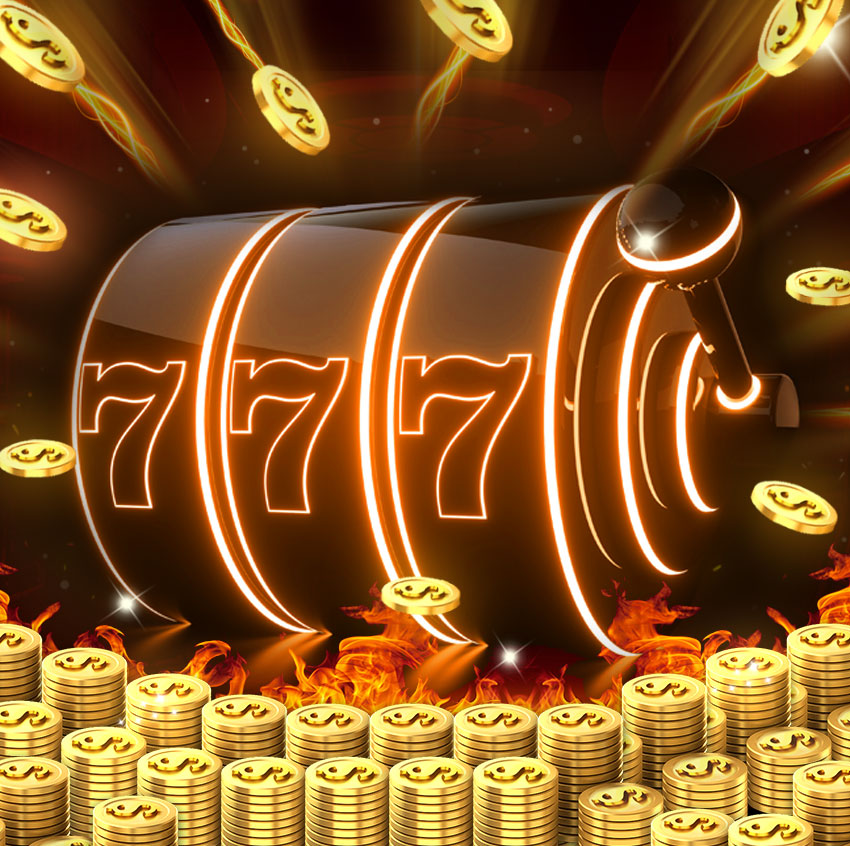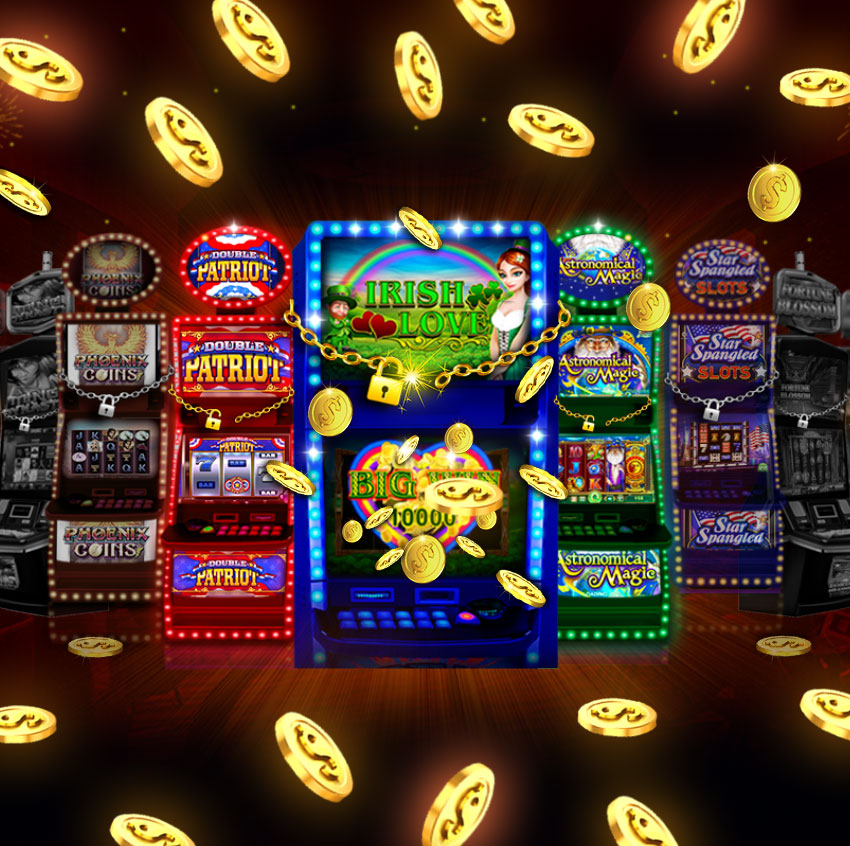In this blog, we will delve into the most common slot machine superstitions, explore why players believe in them, present statistics and facts to separate myth from reality, and provide an in-depth FAQ to help you understand the psychology behind these beliefs.
What Are Slot Machine Superstitions?
Slot machine superstitions are beliefs or practices that players follow with the hope of influencing the outcome of their game. These superstitions may be tied to certain actions, numbers, or behaviors, often based on the player’s experiences or cultural traditions. Despite the fact that modern slot machines operate using RNGs (which ensures each spin is independent of the last), these superstitions persist in the minds of many players.
Common types of superstitions include:
- Lucky rituals: Specific actions that players believe will influence their chances of winning.
- Lucky numbers or symbols: Certain numbers or symbols that are thought to bring good fortune.
- Lucky times or places: Beliefs about specific times of day or locations that are deemed more “lucky” for playing slots.
The Most Common Slot Machine Superstitions
1. Hitting the Machine in a Specific Way
One of the most widespread superstitions is the belief that hitting or tapping the machine (often on the screen or buttons) will trigger a win. Some players believe that giving the machine a little “tap” or “pat” can prompt the RNG to deliver a win.
Why People Believe: This superstition is likely rooted in the idea of “interacting” with the machine to influence its behavior. It mirrors human psychology, where we often believe that our actions can influence random events, such as luck.
Reality: In reality, tapping or physically interacting with the machine does not affect the outcome in any way. The RNG ensures that each spin is random and independent of any physical actions.
2. Timing Your Spin
Many players believe that there is a “perfect moment” to hit the spin button. Some wait for a specific time of day, others believe that there is a “hot” period where machines are more likely to payout, or that a machine that has been idle for a long time is due for a win.
Why People Believe: This superstition is likely influenced by the natural human desire to find patterns in randomness. When people experience a win after spinning at a certain time, they may attribute it to that specific time, even though it is purely coincidental.
Reality: Slots operate on RNGs that make every spin independent. The time of day, how long a machine has been idle, or any other external factors do not affect the outcome of the spin.
3. Lucky Numbers or Symbols
Another common superstition revolves around lucky numbers. Some players believe that certain numbers or symbols, such as the number 7 or a horseshoe, bring good luck. These numbers or symbols are often repeated as part of cultural or personal beliefs.
Why People Believe: Certain numbers are considered “lucky” in many cultures. For example, the number 7 is often seen as a symbol of luck in Western culture, and the horseshoe is a widely recognized good luck symbol. Players who believe in these symbols may feel a sense of confidence when they appear on the reels.
Reality: While some symbols like the number 7 are traditional in slot machines, these symbols have no inherent power to influence the outcome. The RNG ensures that each spin is completely random.
4. The “Near Miss” Fallacy
Many players believe that when they see a near miss, such as almost hitting a jackpot or getting close to winning big, they are “due” for a win. This leads players to keep playing after a near miss, convinced that their win is just around the corner.
Why People Believe: This superstition stems from the “gambler’s fallacy”, the belief that the outcome of one event can influence another. In this case, players believe that a near miss increases the likelihood of hitting a win soon.
Reality: A near miss is just a coincidence, and each spin is independent of the last. The RNG ensures that all outcomes are random, and a near miss does not increase the chances of hitting a jackpot.
5. Changing Machines
Another common superstition is the belief that changing machines will bring better luck. Players may switch to a different slot machine after a series of losses, thinking that a new machine will be “luckier.”
Why People Believe: This is often based on the idea that some machines are “due” for a payout or that certain machines are more likely to be generous than others. This belief may stem from personal experiences where a player switched machines and then won.
Reality: Each slot machine operates independently, and all machines are governed by RNGs. Changing machines does not increase your chances of winning.
6. Lucky Charms and Rituals
Many players carry lucky charms, such as a coin, a rabbit’s foot, or other talismans, believing they can influence the outcome of their game. Similarly, some players perform certain rituals, such as rubbing a coin or wearing lucky clothing.
Why People Believe: Superstitions related to lucky charms often come from cultural traditions or personal experiences where players believe their charm or ritual brought them good luck in the past.
Reality: Lucky charms or rituals have no impact on the RNG or the outcome of the spin. However, they may provide players with a sense of comfort and confidence.
Statistics and Facts About Slot Machine Superstitions
1. How Common Are Slot Machine Superstitions?
According to a 2019 survey by Gambling.com, over 65% of players admitted to having superstitions or rituals when playing slot machines. The most common superstitions include:
- Tapping the machine (32%)
- Believing in lucky numbers (25%)
- Switching machines after a series of losses (20%)
- Timing the spin or waiting for a “perfect moment” (18%)
2. RNG and Slot Machines
- RNGs are the backbone of modern slot machines. These algorithms ensure that the outcome of each spin is entirely random and independent of previous results.
- The RNG operates by selecting random numbers that determine the outcome of each spin, ensuring fairness and unpredictability.
- The chance of hitting a jackpot on a machine with an RTP (Return to Player) rate of 95% is approximately 1 in 10 million, showing just how unlikely it is to predict outcomes.
3. The Impact of Superstitions on Gambling Behavior
- Research indicates that superstitions can have a psychological impact on players. While they do not affect the actual outcome of the game, they can influence a player’s confidence and perceived control over the game. This can lead players to play longer or bet more, which can have both positive and negative consequences.
How Slot Machine Superstitions Influence Players
| Superstition | Percentage of Players Who Believe |
| Tapping the machine | 32% |
| Believing in lucky numbers or symbols | 25% |
| Switching machines after losses | 20% |
| Waiting for the “perfect moment” to spin | 18% |
| Carrying lucky charms | 10% |
Impact of Superstitions on Gambling Duration
| Superstition | Increased Play Duration (%) |
| Tapping the machine | 30% |
| Believing in lucky numbers | 22% |
| Switching machines | 18% |
| Waiting for the perfect moment to spin | 15% |
FAQ: Slot Machine Superstitions
1. Do slot machine superstitions affect the odds of winning? No, slot machine superstitions have no impact on the outcome of the game. Modern slot machines are powered by RNGs, which ensure each spin is independent and random. Superstitions are purely psychological and do not affect the RNG or your chances of winning.
2. Why do players continue to believe in slot machine superstitions? Players often believe in superstitions due to psychological biases, such as the gambler’s fallacy, where they believe past events (such as near misses) influence future outcomes. Superstitions can also provide a sense of control and comfort, especially in a game of chance.
3. Is it better to avoid superstitions when playing slots? While superstitions don’t impact the outcome, it’s always a good idea to focus on bankroll management and strategies. Enjoying the game responsibly, without relying on luck or rituals, ensures a more enjoyable and controlled experience.
4. Can I use superstitions to increase my chances of winning? No, superstitions cannot increase your chances of winning. The only factors that impact your odds are the RTP (return to player percentage) and volatility of the slot machine.
5. Are there any scientifically proven methods for winning at slots? There are no scientifically proven methods to guarantee a win at slots. Slot machines are games of chance, and the outcome is determined by RNGs. The best approach is to play responsibly and enjoy the entertainment aspect of the game.
Conclusion
Slot machine superstitions have been around for as long as the games themselves, and while they may provide comfort or a sense of control to players, they don’t actually affect the outcome of the game. Slot machines are governed by RNGs, which ensure that each spin is random and independent.
Understanding that superstitions don’t influence the game can help players approach slots with a more informed and responsible mindset. Whether you choose to indulge in lucky rituals or not, it’s important to enjoy slots for the entertainment they provide, knowing that the outcome is purely based on chance.




